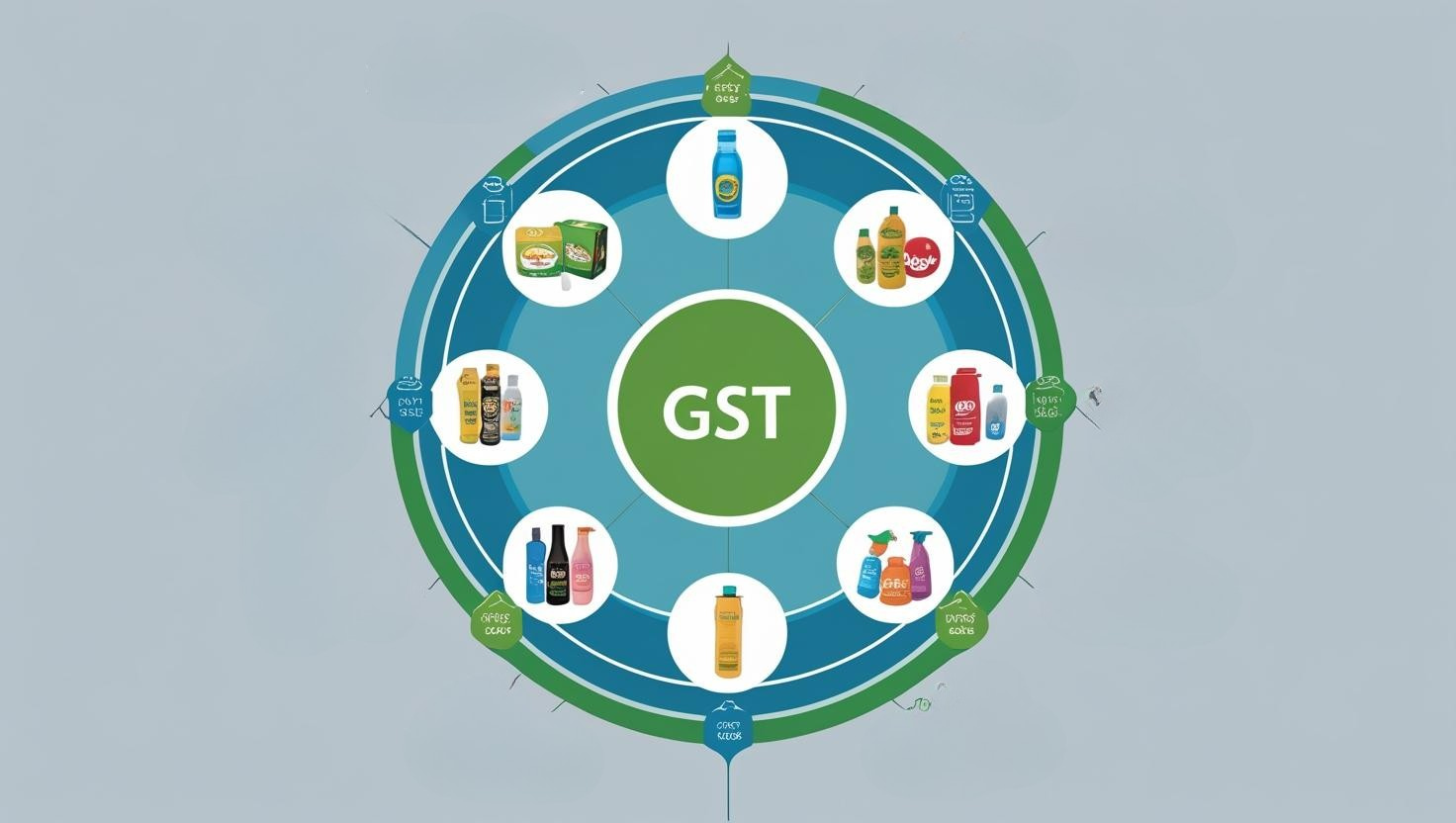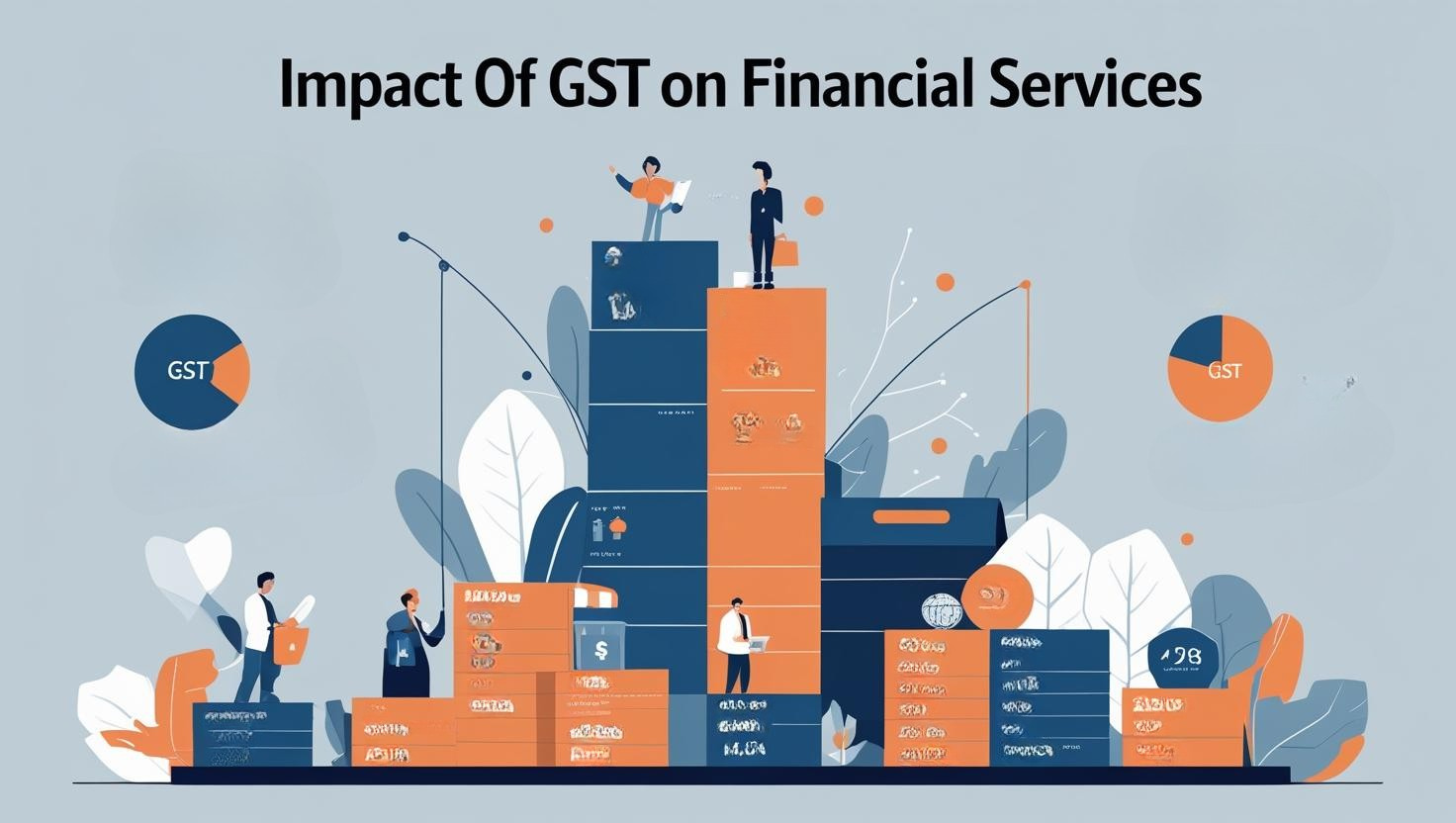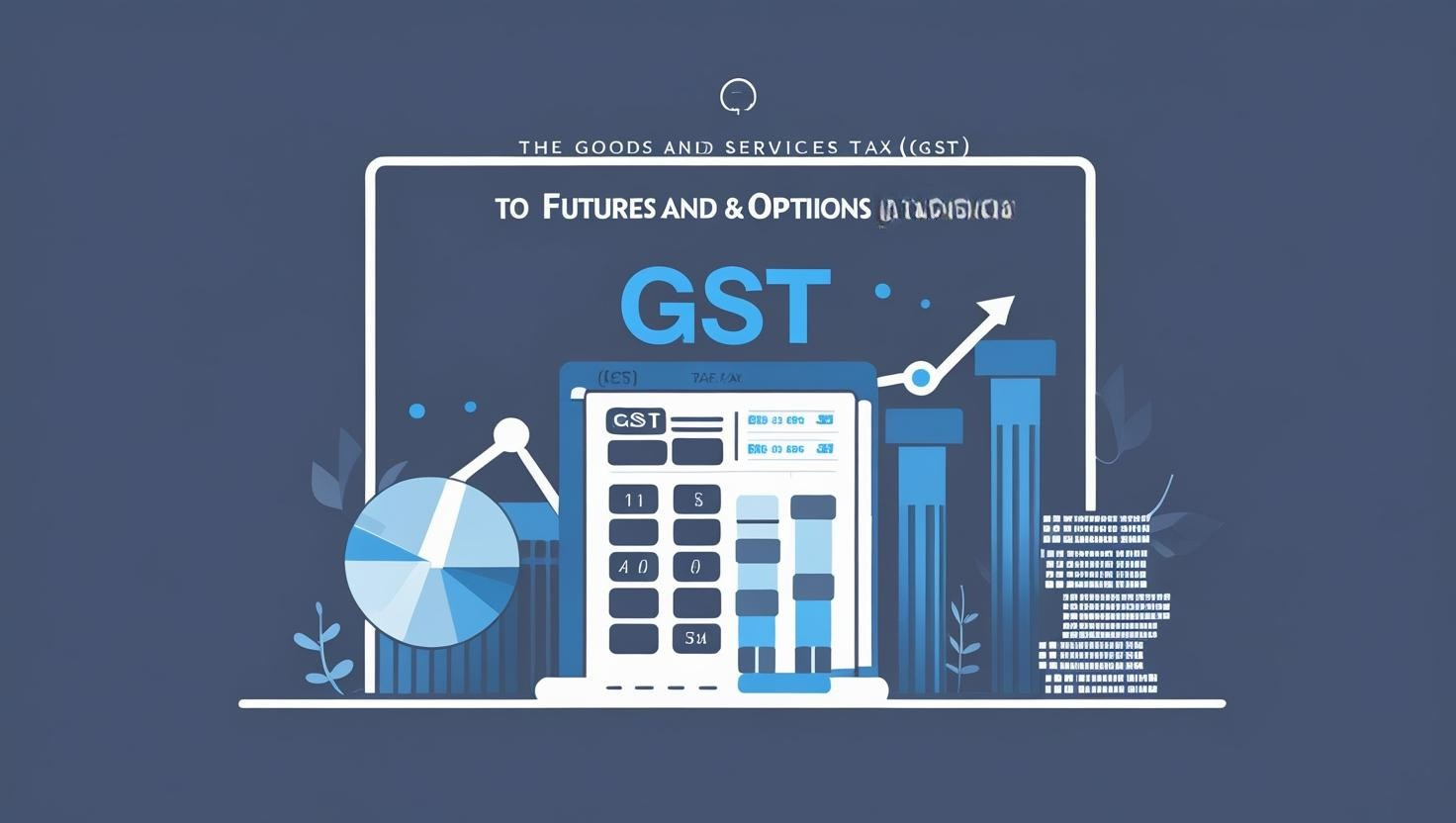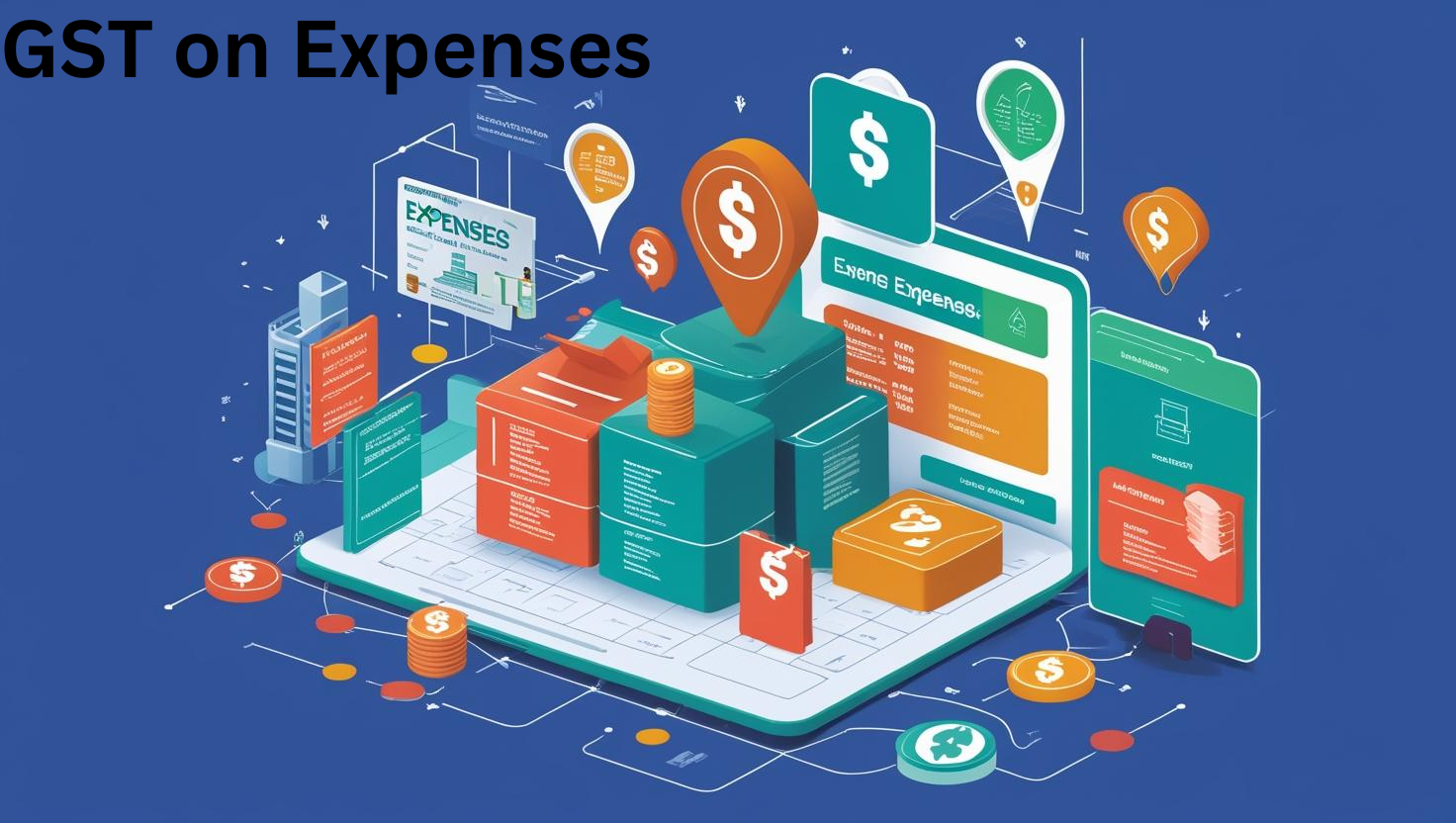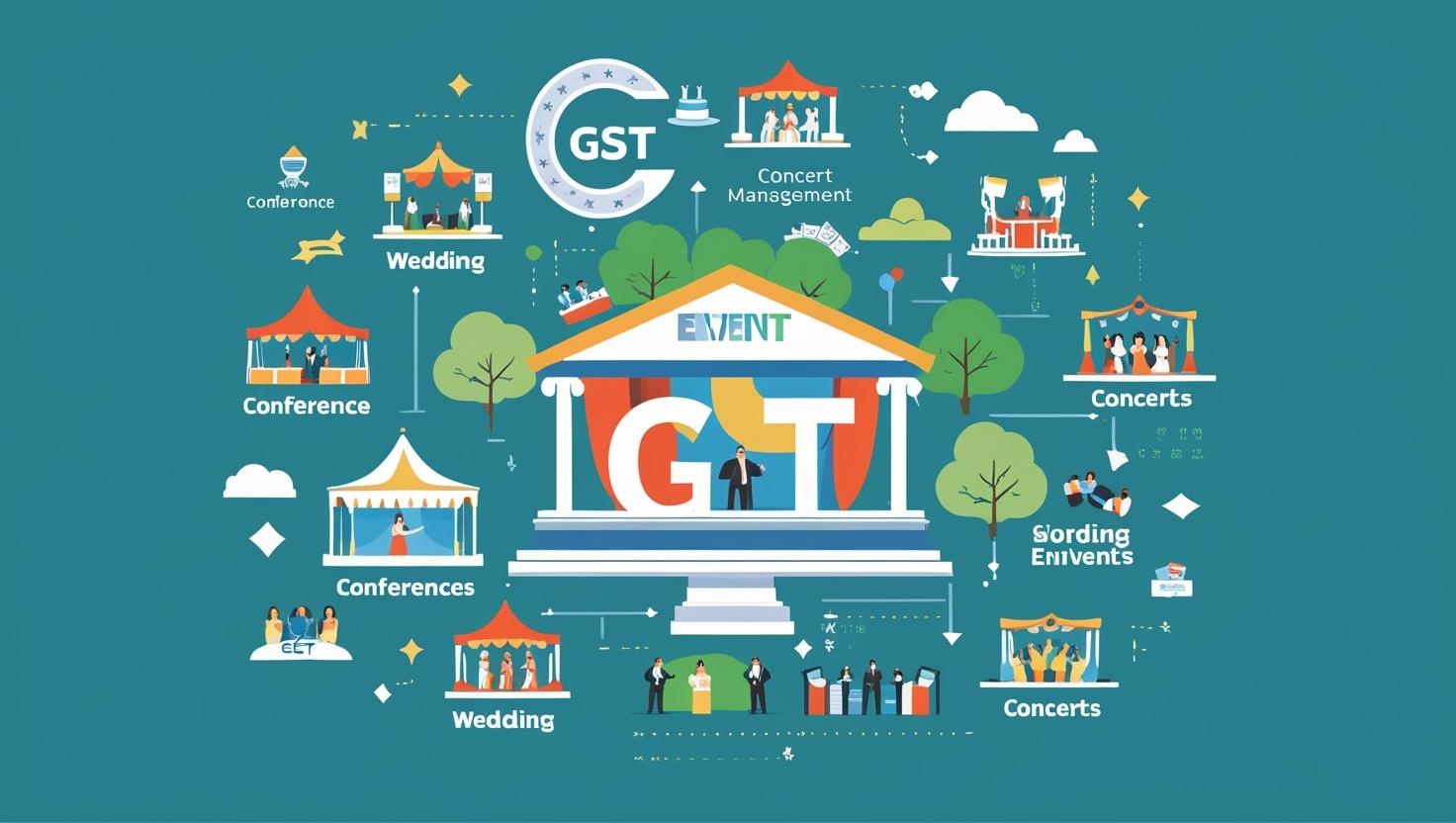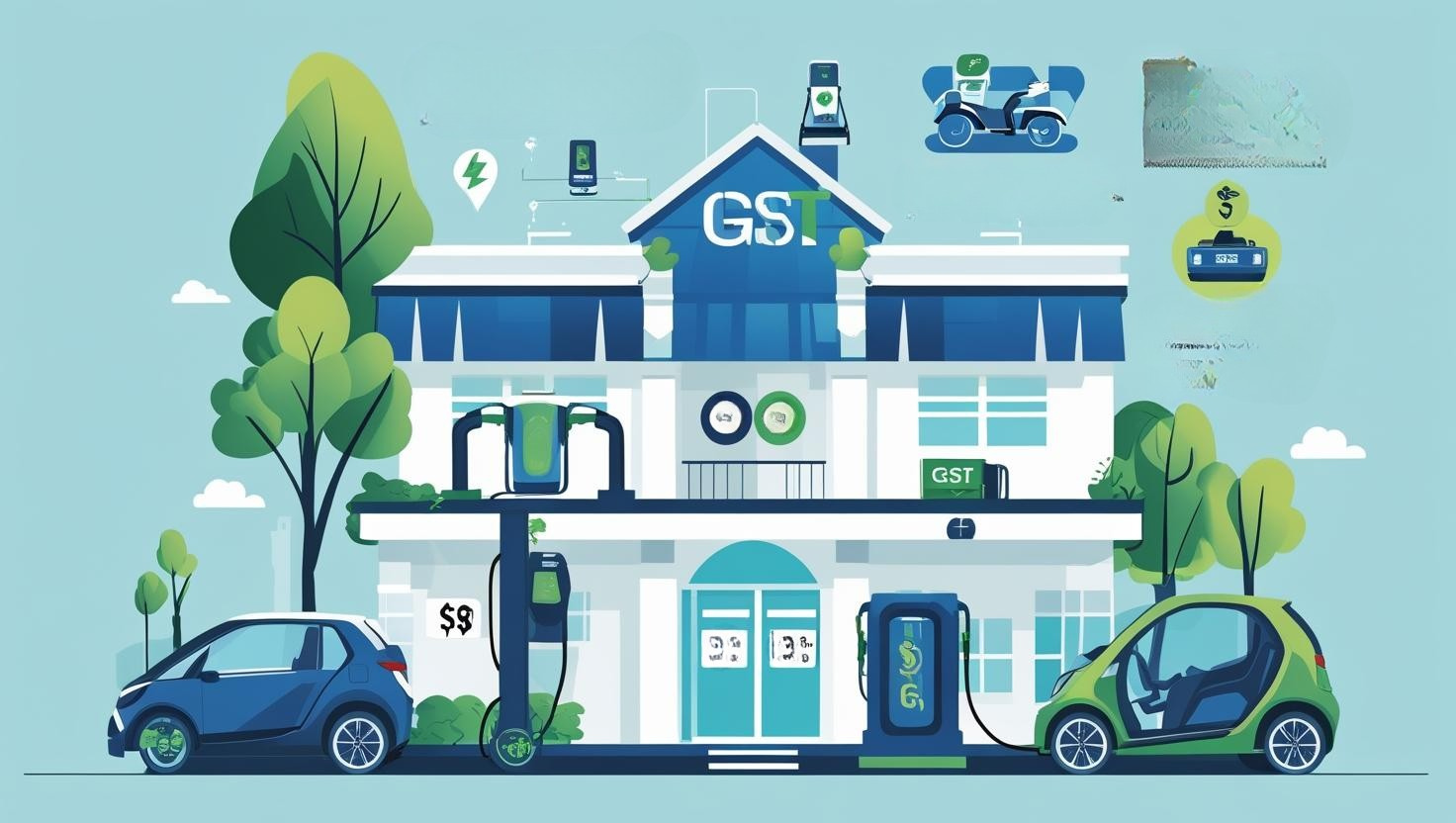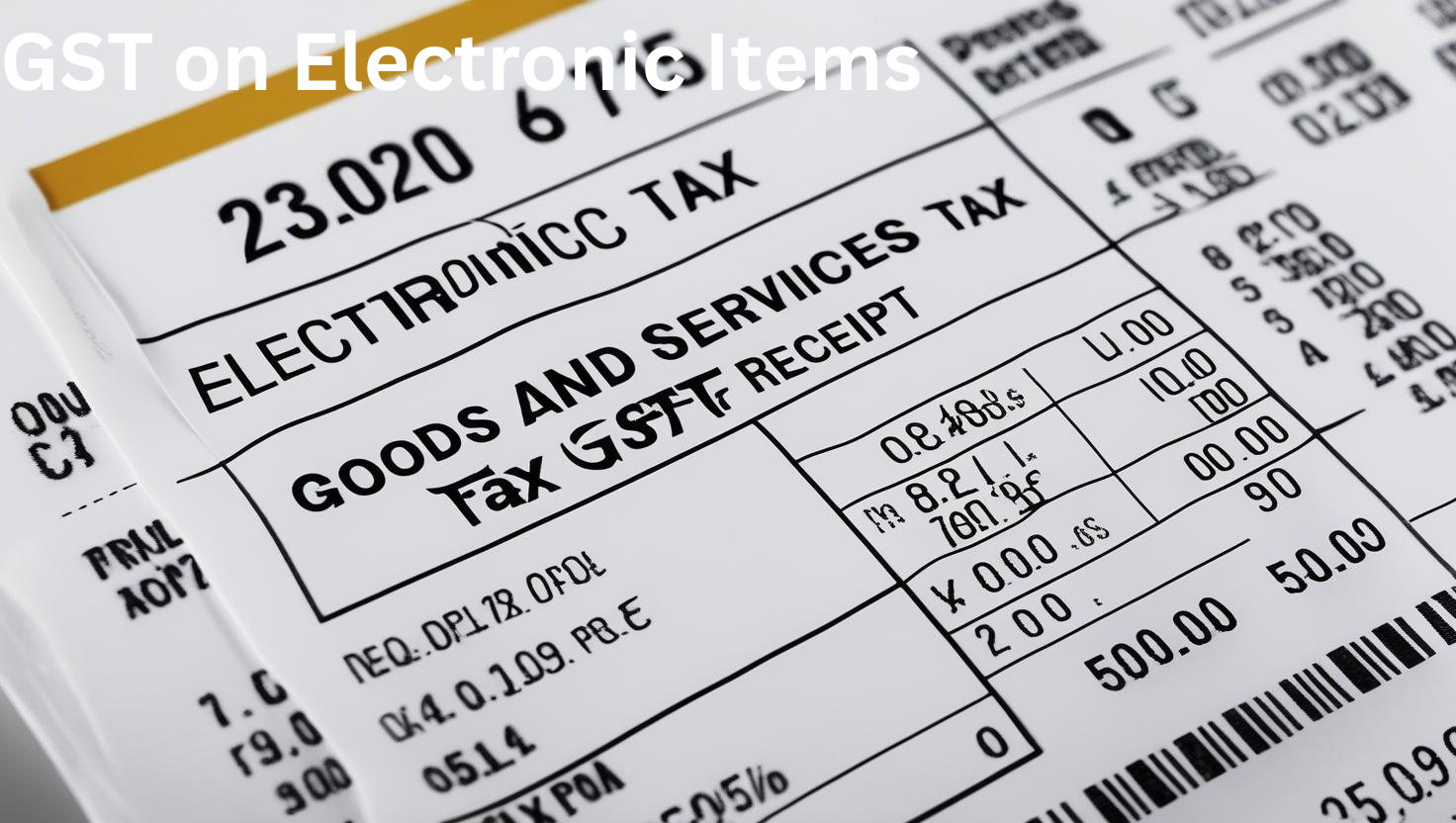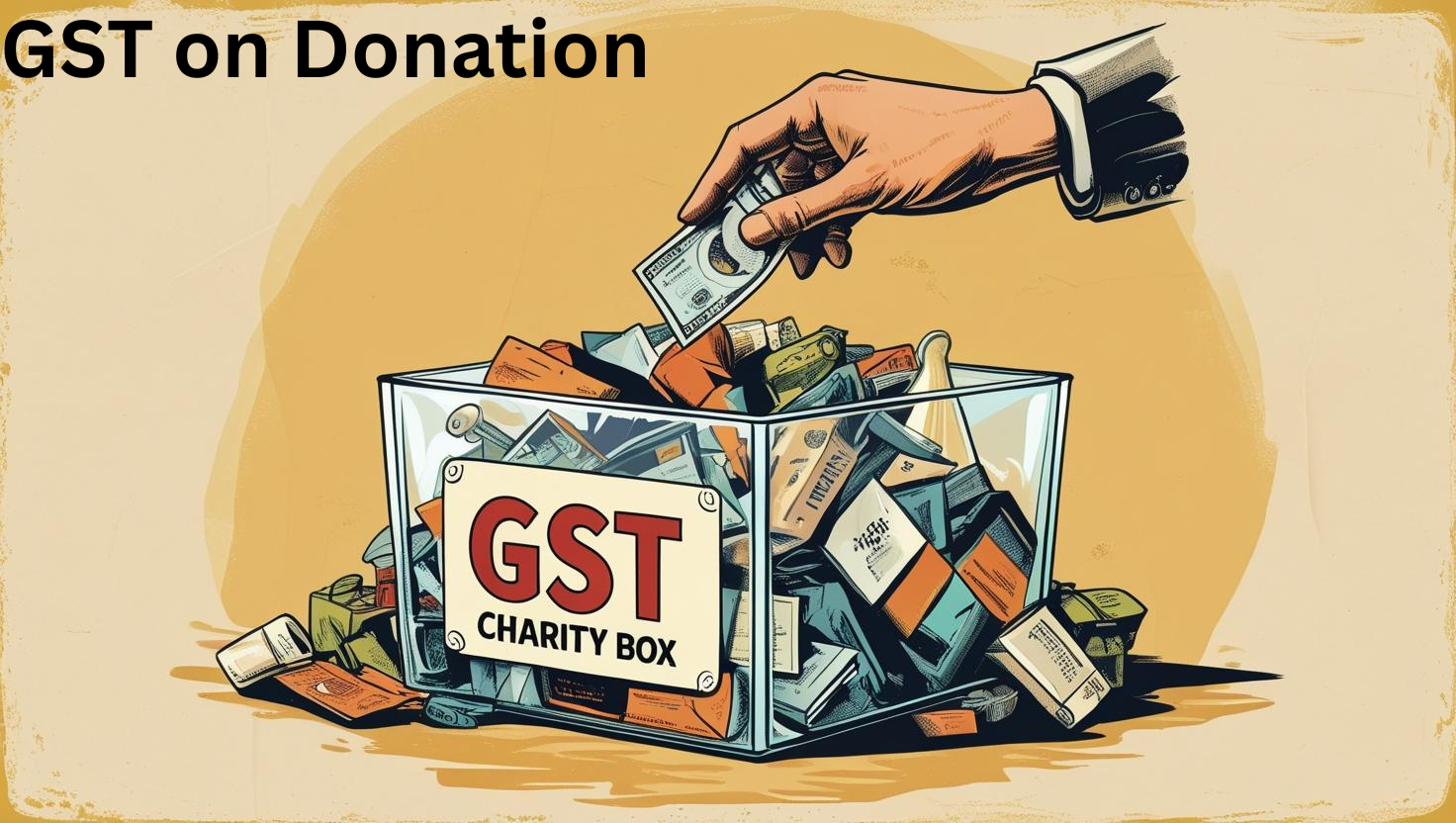Goods and Services Tax (GST) is a consumption tax charged on the footwear sale. The tax applies to each phase of the supply chain from manufacturing to retail. The major goal for applying the GST rate on footwear is to ease the process of tax, remove the cascading taxes, and build a clear and consistent tax regime for goods and services.

SAC Code for Footwear
| SAC Code | Category for Service | GST Rate |
|---|---|---|
| 998721 | Repair Services of Footwear | 18% |
HSN Codes for Footwear Under GST
| HSN Code | HSN Description of Different Category of Footwear |
|---|---|
| 64 | Footwear |
| 6115 | Other Footwear With Outer Soles and Uppers of Rubber or Plastics – Sports Footwear |
| 6401 | Uppers of Which Are Neither Fixed to the Sole nor Assembled by Stitching, Waterproof Footwear with Outer Soles and Uppers of Rubber or Plastics |
| 6402/6403 | Other Footwear with Outer Soles and Uppers of Rubber or Plastics – Sports Footwear |
| 6404 | Footwear with Outer Soles of Rubber, Plastics, Uppers of Textile Materials – Footwear with Outer Soles of Rubber or Plastics |
| 6405 | Other Footwear |
| 6406 | Parts of Footwear (Including Uppers Whether or Not Attached to Soles Other Than Outer Soles); Removable In-Soles, Heel |
GST on Shoes
Type of Footwear | Purpose | Tax Rates |
Waterproof Footwear | Specialised footwear to keep water out of your shoes. GST is the same on all brackets. | 18% |
Rubber/Plastic Footwear | Specialised footwear to protect your feet from hazards and increase comfort. They are highly durable. | 18% |
Leather Footwear | Fashionable and durable footwear. It is classified as a premium product. | 18% |
Sports Shoes | To support and protect during workouts and sports activities. | 18% |
Fancy Partywear/Textile Shoes | To enhance the appearance of your attire. These fall under the premium shoes category and a blanket rate is charged on all brackets. | 18% |
Casual Footwear | Casual footwear is priced in the low to mid-range. Hence, there are 2 separate GST rates on casual footwear. | Under Rs. 1,000 (12%) Over Rs. 1,000 (18%) |
Footwear Businesses Claim Input Tax Credit (ITC)
To claim Input Tax Credit on raw materials used in making footwear, your footwear business must be registered under GST. You should always buy from a GST-registered supplier and get the purchase invoice. Such purchased goods is used only for business purposes. File GSTR-3B correctly reporting the ITC values after reconciling with GSTR-2B.
Understanding the impact of GST on footwear is important for both consumers and businesses. Be it pricing or demand for footwear, GST rates on shoes certainly affect them. The diverse classification of shoes under GST makes it easier to find the relevant HSN code and the rates applicable to a certain type of footwear. We can conclude that the structure of GST has made the footwear industry more organised and consumer-friendly.
FAQs
Q1. How much GST is charged on leather shoes?
Currently, the GST rate on leather shoes is 18%.
Q2. What is the GST rate on shoes?
Depending on the type, price and material of the shoes the GST on footwear differs. Speaking broadly, they attract 12% and 18% GST.
Q3. Can we claim GST on shoes?
Yes. If the GST is paid on components for manufacturing shoes, or shoes purchased for business purposes, you can claim the Input Tax Credit.
Q4. What is the GST rate for rubber shoes?
Currently, the GST rate on rubber shoes is 18%.
Related Resources


